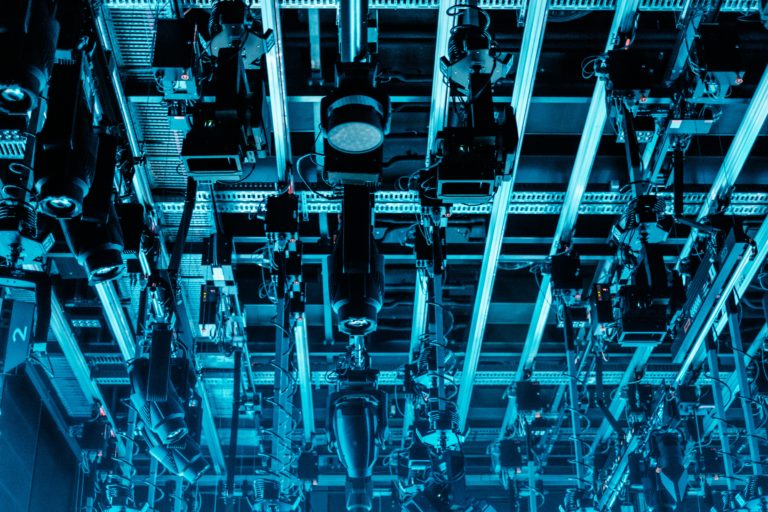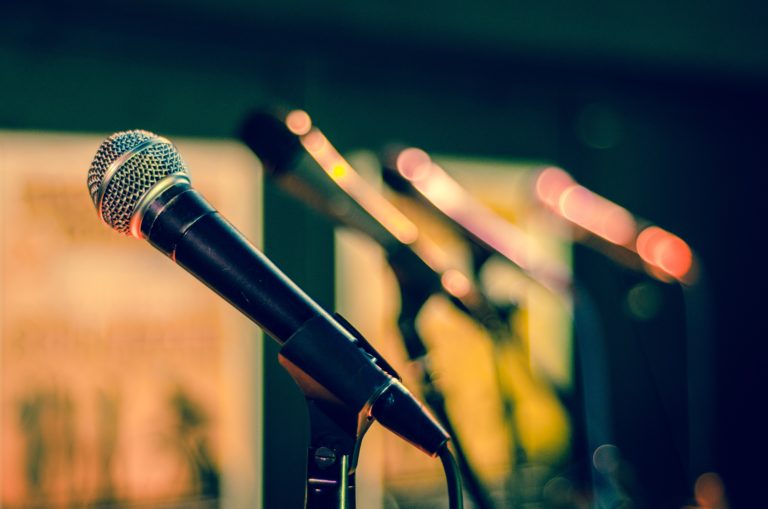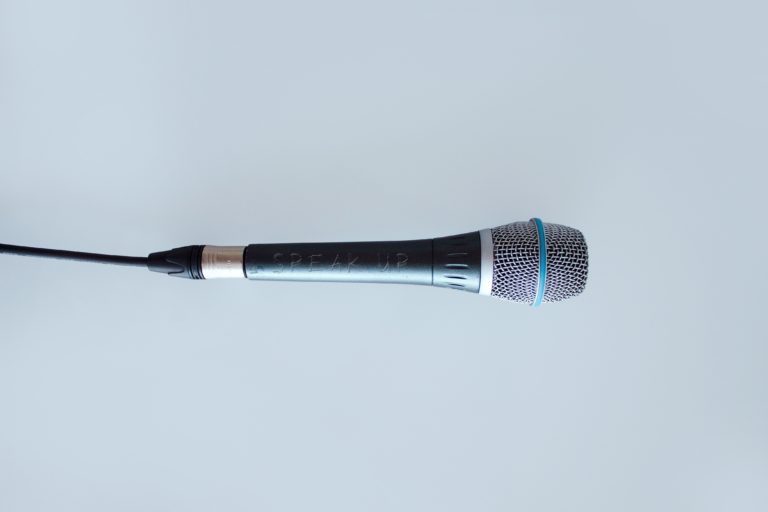Senator Elizabeth Warren, Senator Amy Klobuchar, and author Marianne Williamson (and seven white men)…
What We’re Watching For: The Vice Presidential Debate

This Wednesday, October 7th Senator Kamala Harris and Vice President Mike Pence will meet on the debate stage at the University of Utah, moderated by USA Today Washington Bureau Chief Susan Page. This 90-minute event will be the second of four debates between the Biden/Harris Democratic ticket and the Trump/Pence Republican ticket—and the only one between the two VP candidates. After the decidedly chaotic first Presidential debate, we are eager to see how both candidates take on the issues.
As we’ve noted previously, Kamala Harris is a groundbreaking candidate as the first woman of color to be selected as a running mate on a major party presidential ticket. With no roadmap for her historic candidacy, Harris has the chance to run as what we call a 360-degree candidate, showing voters her authentic self and the whole of her human experience. She has in fact done this in past debates, such as her “That little girl was me” moment during the Democratic primary.
Here’s more about what we’ll be watching for in particular during this historic debate:
Handling a Crisis
The Covid-19 pandemic, racial justice uprisings, and environmental emergencies from hurricanes to wildfires are top of mind for many Americans, and we saw all of these topics mentioned in the first debate between Biden and Trump. We know from our research that it’s very important for a woman candidate to show she can handle a crisis—and that women have to do more to prove their qualifications to voters than men. We’re eager to see how Pence and Harris each address our current moment of overlapping crises.
Contrasting with Opponents
Our research shows that voters expect more from women candidates in terms of honesty and ethics. Women in fact pay a higher price for contrasting, or “going negative” against adversaries, even though politicians must illustrate differences with an opponent. Harris’s debate choices about challenging Pence, and any critiques of her style of doing so following the debate, could demonstrate this “ethical pedestal.”
Strength vs. Toughness
When seeking executive office, women often have to satisfy both gender stereotypes. They must show they are strong enough to be “commander in chief” and yet maintain feminine stereotypes by not appearing too tough. We know from our research that likeability is non-negotiable for women. Voters will vote for a man they do not like, but will not do the same for a woman—making likeability a potential debate consideration for Harris more so than Pence. Voters evaluate a woman’s clothing, hair style, and tone of voice. Confidence is key for women candidates when establishing likeability with voters, who assess a woman’s confidence within 30 seconds.
Demonstrating Qualifications
More than two decades of our research shows that women face higher standards from voters when they seek executive office—including the need to prove their qualifications (which are assumed for male candidates). And, a woman hasn’t yet occupied the Vice Presidency. If a woman is going to be a top decision maker in government—the tie-breaking vote in Congress and a heartbeat away from the presidency—voters need to be that much more convinced she is qualified. Women must use action-oriented language and tout specific accomplishments, rather than simply letting their resume speak for itself. We expect the debate to touch on qualifications for both candidates, who are running for the second highest office in the land—and particularly for Harris.
Why It Matters
Voters link a strong debate performance with electability, according to our electability study. While this debate is one of four matchups between the two major party tickets for the 2020 Presidency, we expect the Pence-Harris exchange to be influential, and we’ll be watching closely for the major takeaways.






